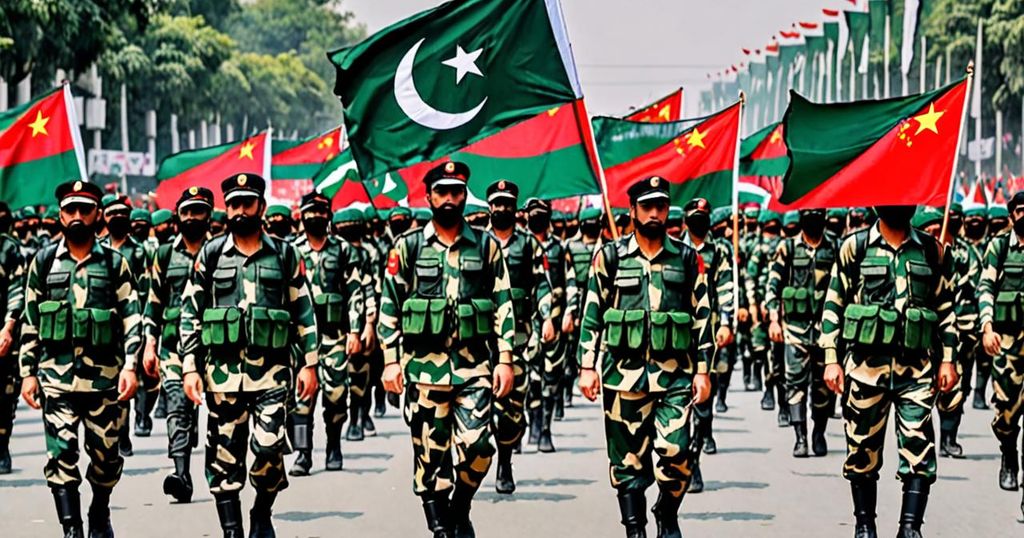The Potential Link Between Pakistan ISI, China, and Bangladesh Protests
The actions of the Islamic Chhatra Shibir (ICS), a student organization noted for its anti-India stance and jihadist agenda, have sparked apprehensions regarding potential connections to the Pakistani intelligence agency, the ISI, as well as China. Indian intelligence has been closely monitoring the ICS due to its activities in regions bordering Bangladesh and its affiliation with the ISI-backed Harkat-ul-Jihad-al-Islami (HuJI). There is concrete evidence indicating that ICS members have undergone training in Afghanistan and Pakistan, prompting suspicions of their association with terrorist groups.
According to intelligence officers, the ultimate aim of Jamaat or ICS is to establish a Taliban-style government in Bangladesh, with the ISI allegedly assuring them of their support in achieving this objective. The involvement of Beijing in this matter has also become apparent, as China deems a government in Dhaka inclined towards Pakistan as more favorable. The Chinese Ministry of State Security (MSS) has been notably active in this regard, including the dissemination of propaganda videos warning of “foreign spies being everywhere,” a departure from its usual conduct.
Prime Minister Sheikh Hasina has sought to balance her relations with both China and India, but her neutral stance has failed to satisfy Beijing. The strategic approach of the Islamic student group, reportedly eluding to ideals of democracy and rights to appeal to western-affiliated NGOs, has heightened concerns about the organization’s intentions.
Furthermore, there are suspicions that China’s Ministry of State and Security may have provided support to the ICS, as Beijing has been apprehensive about Hasina’s approach in dealing with India and China. The involvement of both Pakistan and China in nurturing the Islamic student group and potentially destabilizing Hasina’s government has raised grave concerns.
It is evident that the installation of a new government in Dhaka, influenced by Pakistan, would align with Beijing’s interests. Hence, intelligence reports emphasize the thorough and long-term planning by the ICS to foment violence and destabilize Hasina’s government.
In light of these developments, it is imperative for Bangladesh to remain vigilant and address the escalating concerns regarding the potential interference of external actors in its internal affairs. By acknowledging the gravity of the situation, the government can take requisite measures to safeguard its sovereignty and national security.
In conclusion, the conceivable connection between the Pakistan ISI, China, and the unrest in Bangladesh gives rise to serious concerns about external interference in the country’s internal affairs. The involvement of these external entities in nurturing an anti-India terror group like ICS poses a threat not only to the stability of Bangladesh but also to broader regional security. It is imperative for Bangladesh to address these concerns and take steps to safeguard its sovereignty and national security.








Post Comment